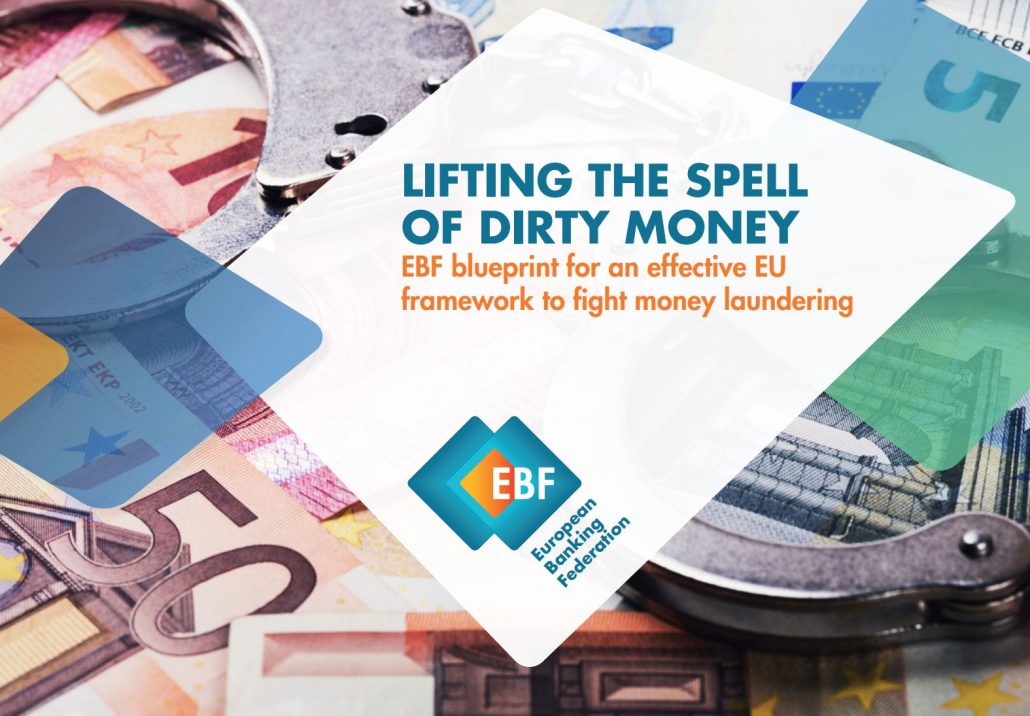While Europe has some of the world’s toughest rules against money laundering, we need to strengthen supervision and enforcement, including across borders.

If high-quality, transparent information is shared, then we can detect the tainted money in the global financial system. The changes need to happen now.

Financial crime refers to the misuse of the financial system, corruption, terrorism financing and the evasion of international sanctions. More specifically, money laundering is the process of transforming dirty money into ostensibly legitimate assets that can be used for consumption, i.e. to introduce dirty money in the official financial system.
However, it is much more than white-collar crime. It is often connected to organised crime gangs and other threats, which include counterfeiting and smuggling, illegal drugs crime and, human trafficking. Fighting financial crime and money laundering consists of cutting resources to criminals, organised crime gangs and terrorists. Money laundering and terrorist financing are severe threats to global security, to the soundness and stability of financial institutions, and to the integrity of the financial system.
Anti-money laundering and counter financing of terrorism (AML/CFT) aim to protect the integrity and stability of the international financial system, cutting off the resources available to terrorists, and making it more difficult for those engaged in crime to profit from their criminal activities. AML/CFT programmes give the relevant regulators and police the powers and tools to investigate and share information as appropriate. They require financial institutions and other regulated entities such as legal and accounting firms to identify their customers, establish risk-based controls, and make suspicious transactions and activities reports (STRs/SARs) to Financial Intelligence Units (FIUs).
The Financial Action Task Force (FATF) is the global standard-setter for measures to combat money laundering. The FATF’s standards (the FATF Recommendations) are applied by over 180 countries, through a global network of regional bodies affiliated to the FATF. They are translated in EU Law based on the Anti-Money Laundering Directive (AMLD).
Over recent years, recurrent money laundering scandals have made the headlines. It has become apparent that money laundering issues may rapidly become prudential issues which may affect the viability of a bank and the stability of the banking sector. They have also evidenced the ineffectiveness of the existing EU AML/CFT framework.















